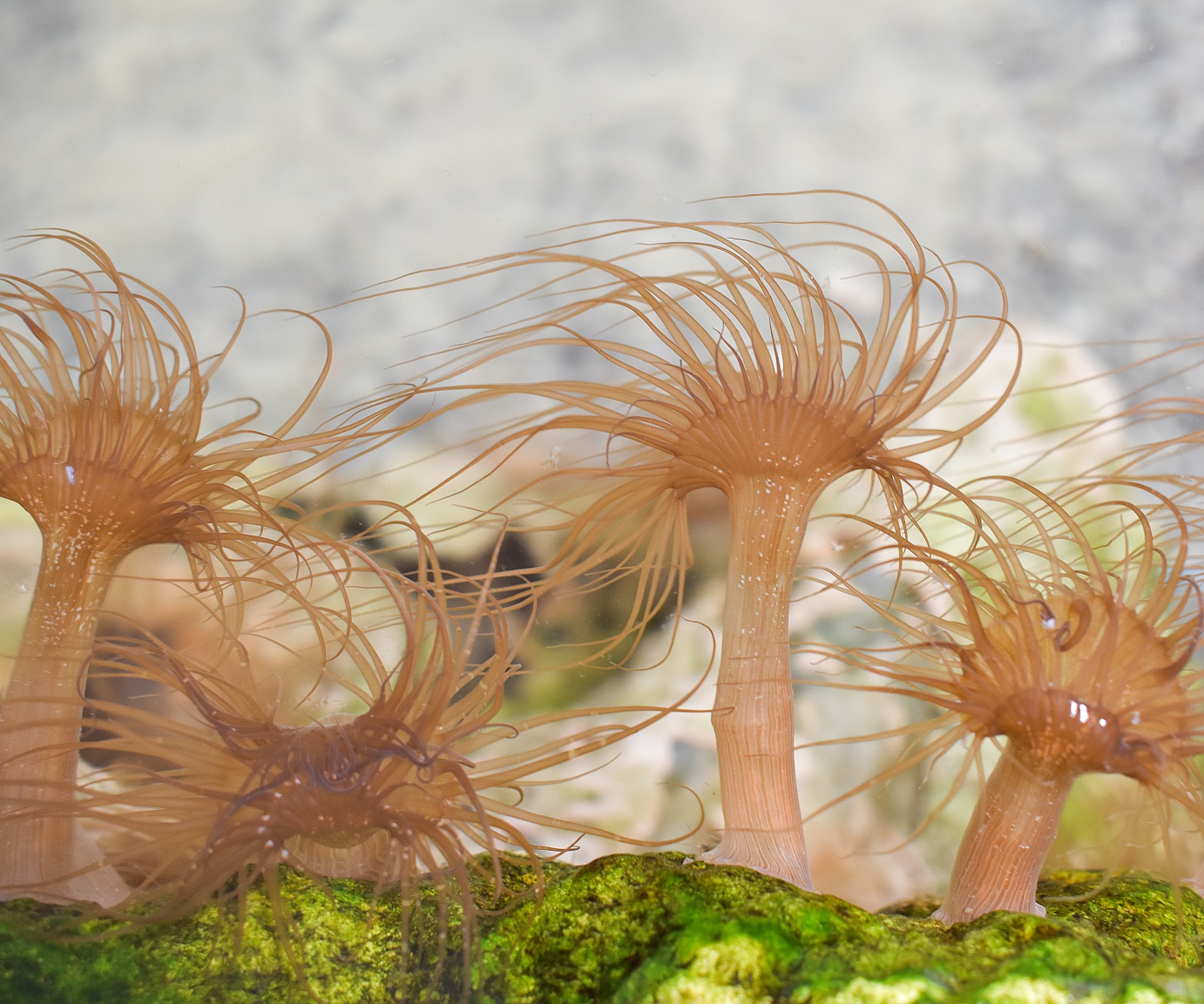
Summer Researcher with Dr. Milton Muldrow
Environmental Science- focus in Climate & Society
University of Delaware
About Christina’s Research: Wilmington University, in collaboration with the NASA Delaware Space Grant Consortium and Delaware Environmental
Institute, is actively engaged in pivotal coral engineering endeavors. Dr. Milton Muldrow leads a group of dedicated student
researchers, including Christina Marchak, Sarah La Torre, Natalie Vazquez Beales, Sam Kidwell, and Amaja Mack, who are making
substantial strides in this field. They are primarily focused on studying the roles of NAD+ and sirtuin genes in coral bleaching and
employing strategies like CRISPR (Cas9) coral genetic research through a partnership with the ChristianaCare Gene Editing Institute,
all geared towards aiding coral adaptation to evolving environmental conditions. The core of their coral engineering work revolves
around extensive research and the development of methodologies to enhance corals’ heat tolerance. Their aim is to identify innate
heat-resistant genetic traits within corals and leverage genetic manipulation techniques to create coral populations capable of better withstanding the escalating temperatures of oceans. To support their investigations, these student researchers are actively utilizing a coral strain known as Aiptasia CC7 as a model organism, while simultaneously advancing their custom Aiptasia strain, termed
Aiptasia: WILMU1. The team also delves into the study and monitoring of algae zooxanthellae growth, which is pivotal for coral
health. Furthermore, the Wilmington University team diligently explores methods to enhance coral calcification processes, crucial for
the establishment and upkeep of coral reefs. Their coral engineering initiatives aim to bolster corals’ capacity to construct and
reinforce their skeletal structures, providing enhanced defenses against the perils of ocean acidification and rising temperatures.
Beyond research, the team is deeply engaged in coral restoration projects. Leveraging their expertise, they collaborate with diverse
restoration techniques to rehabilitate areas of damaged coral reefs, thereby enhancing the overall resilience of these vital ecosystems.

